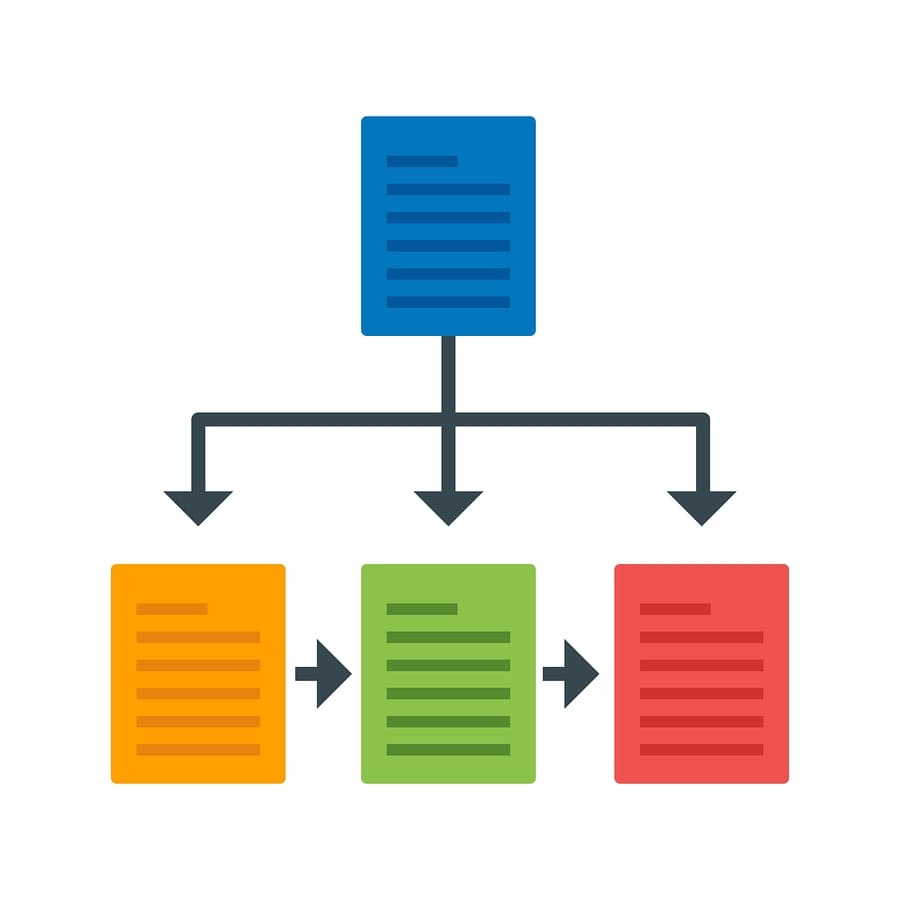There are ten project management knowledge areas in the project life cycle. Project integration management is the first one and PMP Scope Management is the second one of the ten project management knowledge areas. According to the PMP project management training, PMP scope management defines what will be done and what will not be done during the project. This knowledge area includes 6 processes. In this article, we going to briefly define all these processes and also explain what should be included in PMP Scope Management.
Attend our 100% Online & Self-Paced One-Hour Free PMP Training.
You can have further information about PMP Scope Management if you enroll in PMI certification training. But if you’d like to have a prior knowledge before diving into the details, let’s begin to explore what PMP Scope Management is.
What is included?
As mentioned above, the scope of a project defines what will be done and what will not be done throughout the project. So PMP Scope Management should draw the boundaries of the project and shows what will be delivered once the project is completed.
Project scope can include features of a product, quality and performance metrics, availability requirements etc. Since project schedule, project budget, human resource requirements etc. will all depend on the scope of the project that will be delivered, PMP scope management is a critical knowledge area in project management. In real-life projects, many requirements which were not clearly gathered from the customer cause scope creep and deviation from the project targets respectively.

What are the 6 PMP Scope Management Processes?
After briefly overviewing PMP scope management knowledge area, now let’s describe its processes. There are 6 processes of the scope management knowledge area. Four of them belongs to planning process group and two of them belong to project monitoring and control process group.
Plan Scope Management process is the first process of the PMP scope management knowledge area. How to manage, control and deliver the scope of the project is planned in this process.
The second process of scope management is Collect Requirements Process. Collecting requirements from the customer is actually the foundation of the project scope. Because the customer requirements or business needs initiate the projects and collect requirements process helps in collecting business and customer requirements from relevant stakeholders.
Define Scope Process finalizes the project scope. Although several project requirements can be gathered from several project stakeholders, some of these requirements will be invalidated through discussions, or some requirements will conflict with each other. This process will help in finalizing the project requirements and project scope.

The fourth process is Create Work Breakdown Structure Process. Work breakdown structure of a project describes the hierarchy of tasks, work packages and overall project work to complete whole project scope. Create Work Breakdown Structure Process divides project scope into smaller work packages for better coordination and delivery.
The fifth process is Validate Scope Process. Once the project deliverables are completed, it needs to be checked first whether they meet the initial requirements. For instance, internal testing is done for a developed software to check whether it meets the desired functionality.
Sixth and the last process of this knowledge area is Control Scope Process. At the very end step, once a deliverable is final, it needs to be checked by the customer. Control Scope process aims to ensure that customer gets the final project deliverables as agreed in the beginning of the project. After customer checks, the project is accepted and closed respectively.
Scope Management is an important knowledge area of project management. If the project scope is not well defined because customer requirements were not properly gathered, this can lead to variation from the project targets.



3 thoughts on “Meet Project Targets with the Help of PMP Scope Management”
Comments are closed.